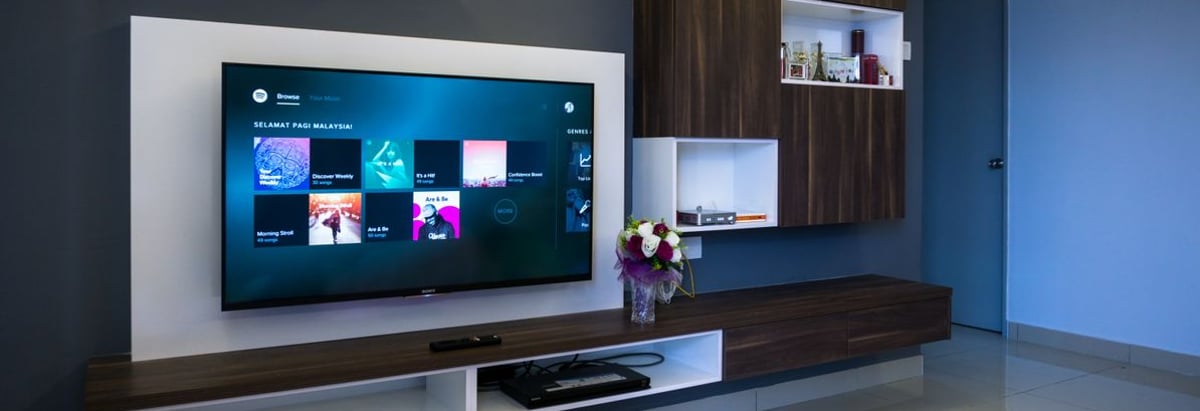- Hong Kong
- /
- Consumer Durables
- /
- SEHK:1747
Home Control International (HKG:1747) Has A Pretty Healthy Balance Sheet

Legendary fund manager Li Lu (who Charlie Munger backed) once said, 'The biggest investment risk is not the volatility of prices, but whether you will suffer a permanent loss of capital.' It's only natural to consider a company's balance sheet when you examine how risky it is, since debt is often involved when a business collapses. Importantly, Home Control International Limited (HKG:1747) does carry debt. But the real question is whether this debt is making the company risky.
When Is Debt Dangerous?
Debt is a tool to help businesses grow, but if a business is incapable of paying off its lenders, then it exists at their mercy. Part and parcel of capitalism is the process of 'creative destruction' where failed businesses are mercilessly liquidated by their bankers. However, a more usual (but still expensive) situation is where a company must dilute shareholders at a cheap share price simply to get debt under control. Having said that, the most common situation is where a company manages its debt reasonably well - and to its own advantage. The first thing to do when considering how much debt a business uses is to look at its cash and debt together.
Check out our latest analysis for Home Control International
How Much Debt Does Home Control International Carry?
As you can see below, Home Control International had US$15.0m of debt at December 2023, down from US$24.5m a year prior. But on the other hand it also has US$20.1m in cash, leading to a US$5.10m net cash position.

A Look At Home Control International's Liabilities
Zooming in on the latest balance sheet data, we can see that Home Control International had liabilities of US$36.4m due within 12 months and liabilities of US$11.6m due beyond that. Offsetting these obligations, it had cash of US$20.1m as well as receivables valued at US$26.3m due within 12 months. So it has liabilities totalling US$1.57m more than its cash and near-term receivables, combined.
Of course, Home Control International has a market capitalization of US$22.4m, so these liabilities are probably manageable. However, we do think it is worth keeping an eye on its balance sheet strength, as it may change over time. While it does have liabilities worth noting, Home Control International also has more cash than debt, so we're pretty confident it can manage its debt safely.
Shareholders should be aware that Home Control International's EBIT was down 61% last year. If that earnings trend continues then paying off its debt will be about as easy as herding cats on to a roller coaster. When analysing debt levels, the balance sheet is the obvious place to start. But ultimately the future profitability of the business will decide if Home Control International can strengthen its balance sheet over time. So if you want to see what the professionals think, you might find this free report on analyst profit forecasts to be interesting.
Finally, while the tax-man may adore accounting profits, lenders only accept cold hard cash. While Home Control International has net cash on its balance sheet, it's still worth taking a look at its ability to convert earnings before interest and tax (EBIT) to free cash flow, to help us understand how quickly it is building (or eroding) that cash balance. During the last three years, Home Control International generated free cash flow amounting to a very robust 90% of its EBIT, more than we'd expect. That positions it well to pay down debt if desirable to do so.
Summing Up
While it is always sensible to look at a company's total liabilities, it is very reassuring that Home Control International has US$5.10m in net cash. The cherry on top was that in converted 90% of that EBIT to free cash flow, bringing in US$13m. So we are not troubled with Home Control International's debt use. The balance sheet is clearly the area to focus on when you are analysing debt. However, not all investment risk resides within the balance sheet - far from it. Case in point: We've spotted 3 warning signs for Home Control International you should be aware of, and 2 of them are significant.
At the end of the day, it's often better to focus on companies that are free from net debt. You can access our special list of such companies (all with a track record of profit growth). It's free.
Valuation is complex, but we're here to simplify it.
Discover if Home Control International might be undervalued or overvalued with our detailed analysis, featuring fair value estimates, potential risks, dividends, insider trades, and its financial condition.
Access Free AnalysisHave feedback on this article? Concerned about the content? Get in touch with us directly. Alternatively, email editorial-team (at) simplywallst.com.
This article by Simply Wall St is general in nature. We provide commentary based on historical data and analyst forecasts only using an unbiased methodology and our articles are not intended to be financial advice. It does not constitute a recommendation to buy or sell any stock, and does not take account of your objectives, or your financial situation. We aim to bring you long-term focused analysis driven by fundamental data. Note that our analysis may not factor in the latest price-sensitive company announcements or qualitative material. Simply Wall St has no position in any stocks mentioned.
Have feedback on this article? Concerned about the content? Get in touch with us directly. Alternatively, email editorial-team@simplywallst.com
About SEHK:1747
Home Control International
An investment holding company, provides home control solutions in North America, Europe, Asia, and Latin America.
Flawless balance sheet slight.
Similar Companies
Market Insights
Community Narratives



